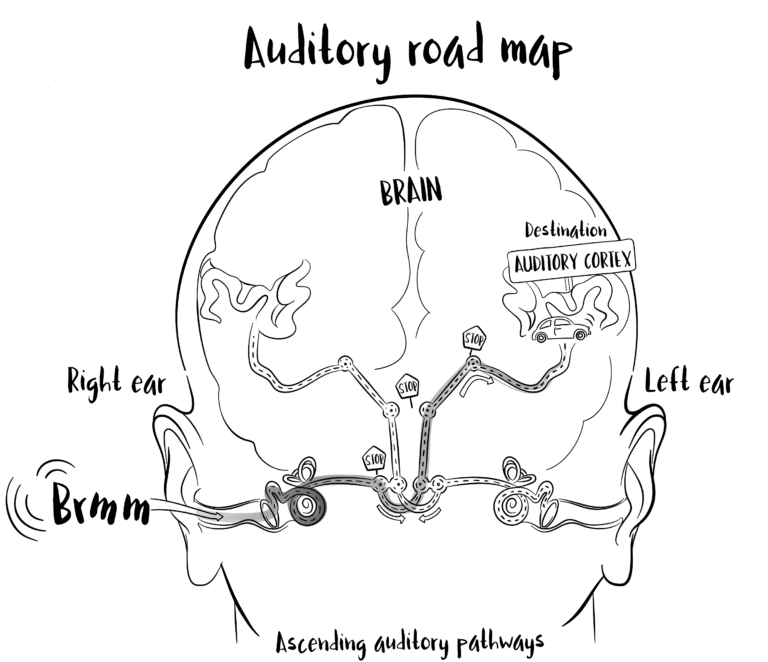
How Going Gluten-Free Transformed our Home
Hi, I’m Melissa, Beth asked me to explain how going gluten-free made a difference in our household. I have a

Have you ever asked your child a question and received a grunt or mumbled ‘yes’ in response, only to realize they haven’t heard a word you’ve said? I notice this, especially when the table requires setting or the dishes need doing. However, deciding not to listen is different from having poor listening comprehension skills.
According to educator Marie Rippel:
In young children, listening comprehension is one of the five skills required for reading, along with:
Here are some ways to help your child improve their listening comprehension abilities. These simple everyday activities can make a difference.
My sister-in-law, Sarah Kingham, is an educationalist who is passionate about literacy in the under-fives. Sarah has created a system of reading with children called Readit2 to help develop vocabulary and listening skills. You can watch a short video about her programme here.
As a family, we frequently played Hedbanz when our children were young. This game is for ages seven and above, but we’ve had fun with children as young as five. We still pull this game out to entertain young visitors, and it always goes down well.

The idea is to put a card featuring an object or an animal into each person’s headband. Without looking at their card, players try to guess what is on it by asking questions that can be answered with a yes or a no. This game is perfect for improving working memory and listening comprehension. This post explains how to strengthen your child’s working memory, and this link explains how to play Hedbanz.
Having a good vocabulary is essential for reading. I encourage my son to ask me whenever he comes across a word he doesn’t understand.
I use the following steps to embed this new word into his vocabulary.
I must admit I haven’t listened to audiobooks with Harry, but I wish I had. I adore them and listen to stories at every opportunity, whereas my son has never taken to them. This may be because he has an underlying audio processing difficulty.
If you can listen to audiobooks with your child, read to the story together, laugh at the funny parts, and talk about the story later. Audiobooks are available at most libraries or from retailers such as Audible.
Some children have difficulties with auditory processing, which impacts their listening comprehension skills. If you suspect this may be the case for your child, a specialist hearing test is required to assess auditory processing abilities.
Some tips from learning a foreign language may also be helpful for your child’s listening comprehension skills.
At secondary school, teachers expect students to develop the following listening comprehension skills:
These higher levels of listening comprehension skills develop over time. Working on listening comprehension when a child is young is ideal, but there are ways to improve these skills at any age.

Hi, I’m Beth. Seven years ago, when I discovered my son had dyslexia, I had a ‘light-bulb’ moment and understood this explained many of my own difficulties. Ever since, I’ve been on a mission to discover the best ways to wrestle what I like to call the dyslexia octopus.

Hi, I’m Melissa, Beth asked me to explain how going gluten-free made a difference in our household. I have a

I need nighttime anxiety relief. It’s 4 AM, and I’m reviewing what happened to Harry at school yesterday and wondering